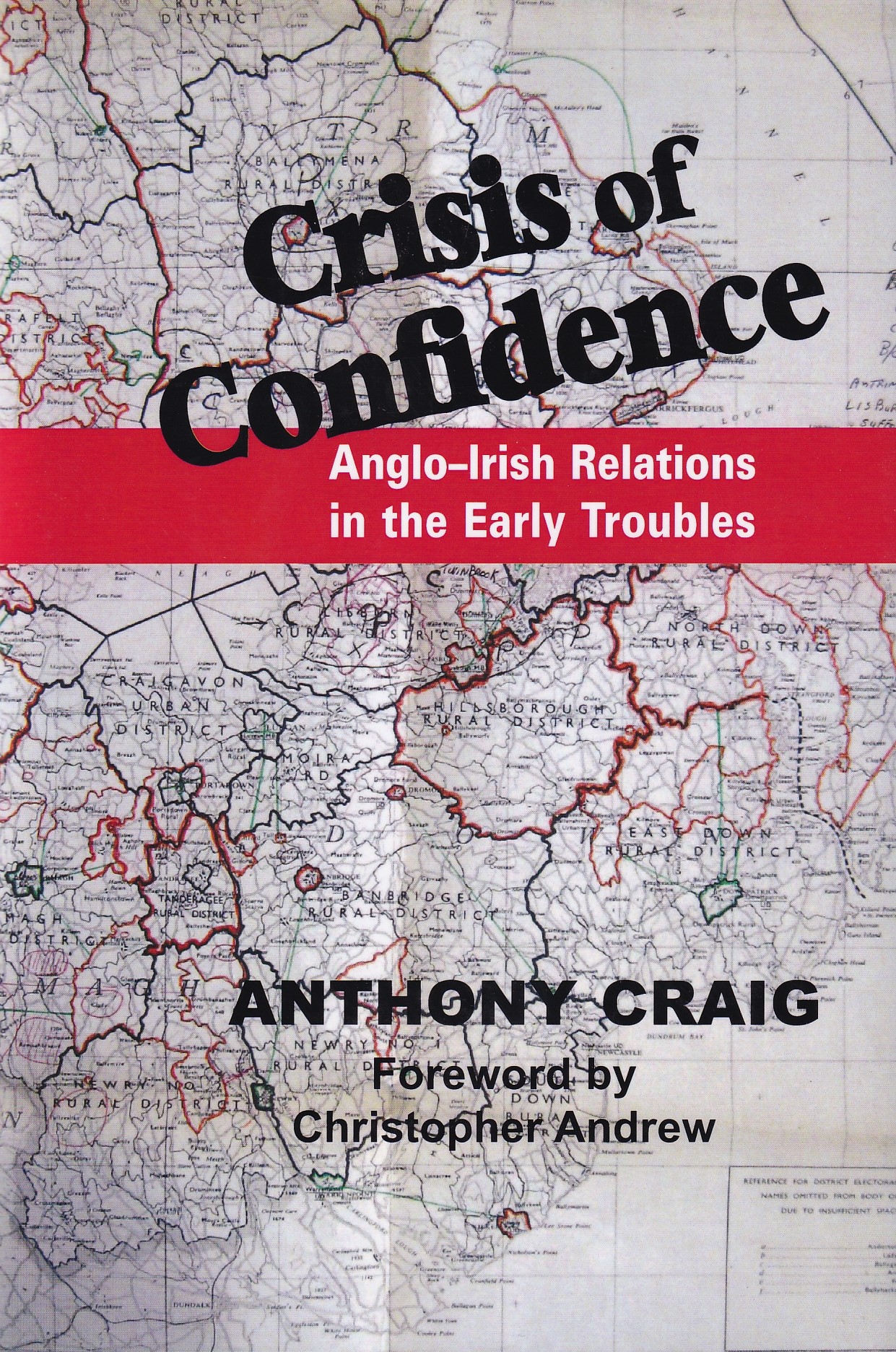Description
Used – Very Good, hardback with unclipped dust jacket.
Photo is of actual book, see for condition.
No highlighting or markings.
Some signs of wear on the dust wrapper.
Binding in very good condition.
Synopsis:
This book studies the history of diplomatic and security relations between Ireland and Britain, giving context to the role of Anglo-Irish relations in the early years of the Northern Ireland Troubles. Looking at the wide variety of relations and the deep trust evidenced by cooperation in the 1960s, author Tony Craig shows for the first time the context of Common Market and trade negotiations in which Anglo-Irish relations crystallized in the era of Lemass. As Anglo-Irish relations change, so too does the nature of the book. Once the first British soldiers are killed, and following the deaths of so many civilians on Bloody Sunday, joint entry to Europe became little more than an afterthought. Thus, new research on the attempts by Britain to gain security and intelligence cooperation with the Republic alter previous judgements of how the Republic reacted to the emergence of the Troubles. Despite the Sunningdale Agreements, this book shows that after 1974 both Britain and Ireland began secretly and separately to prepare for the collapse of Northern Ireland into factional conflict and a political abyss. The Arms Crisis, internment, cross-border security, the Irish government’s doomsday plans, and Britain’s security and intelligence policies are all further illuminated here. So too is the impact of the Provisional IRA’s electricity sabotage campaign in 1971, never previously discussed but crucial to fully understanding the beginning of the end of Stormont. Craig illustrates the limits of state action in Northern Ireland, and the need for community reconciliation over military or paramilitary escalation. The conclusions are controversial. It is a history of a relationship, rather than any particular state, and thus contains criticism of all actors, including those in the Stormont government.


